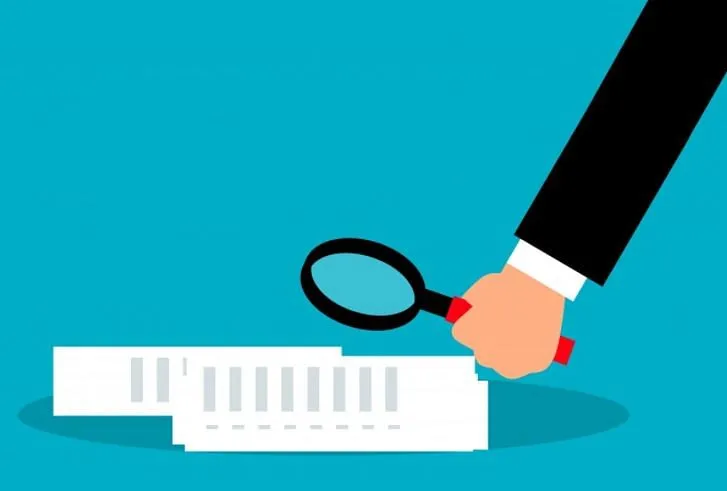Jammu: Firming up its exercise to take the administration to the door-steps of people to an “initiative with tangible results on the ground”, the J&K government on Wednesday identified “tasks to be completed and deliverables to be achieved” by its various departments, agencies and officers.
As per officials, the tasks specified are ordered to be completed as a “way forward” for the fourth phase of its Back To Village (B2V4) programme to make it a “real result-oriented exercise.”
As per the GAD order, Rural Development Department (RDD), which is the “nodal department”, will submit a complete report of the programme including achievements, shortcomings if any and next steps. The department has been instructed to hand over the digitised booklets of all previous Back to Village (B2V) programmes to the Planning Department.
The Planning, Development and Monitoring Department, in a monitoring role, has been tasked to submit a detailed report on the overall achievement of deliverables and quantitative targets achieved; a concurrent evaluation of the programme carried out by it. It will use the digitized data to prepare Gati Shakti layers and use them for analysis and planning.
The General Administration Department has been tasked to issue orders for Panchayat Prabhari Scheme and ensure that awards for B2V4 are finalized and given on Republic Day 2023.
RDD has been instructed to ensure uploading of all booklets of B2V4 by the visiting officers in digital format by November 14, 2022, with a clear instruction that no scanned copy will be accepted. It (RDD) has been also ordered to collate all the details about “willing candidates for skill development collected during B2V4” and ensure that the “willing candidates are accommodated under HIMAYAT or other schemes.”
Besides, the nodal department has been tasked to coordinate and manage the entire follow-up for the programme including the “Panchayat Prabhari Scheme.”
As a follow-up exercise, all 20 Deputy Commissioners have been asked to “review the responses from all B2V booklets (B2V1, B2V2, B2V3 and B2V4 with special reference to the demands and complaints and draw out an Action taken Report (ATR1).”
They (DCs) need to mention all demands which have been met and complaints or soft issues addressed in ATR-1. Their specified tasks include grouping all pending issues into local panchayat level issues, district level issues and Administrative department level issues and submitting all local and district level issues positively within a month to the Planning Department as ATR2.
However, all Administrative Department level issues and policy issues will be forwarded to the concerned department and GAD with a copy to the Planning Department as ATR3, mentions GAD Secretary Dr Piyush Singla.
In this connection, a separate set of instructions and guidelines for Deputy Commissioners has also been issued for segregation and disposal of demands. As per the guidelines, district-level committees will screen the filled-in booklets and identification of demands or grievances.
The demands or grievances, already disposed of, will be noted and recorded in the shape of ATR1 and will be sent to the Planning Department; pending demands will be segregated into local village-level issues, district-level issues, administrative department-level issues or policy issues.
“All local and district level issues must be positively resolved within a month but if there are demands with financial implications, the same will be included in Gram Panchayat Development Plans (GPDPs), Panchayati Raj Institutions (PRI) plans, Centrally Sponsored Schemes (CSS) or district plans as the case may be and ATR2 will be prepared accordingly,” the guidelines specify.
About the demands of the Administrative Department, they will be forwarded to the concerned department with a copy to the Planning Department and ATR3 will be prepared accordingly. However, policy issues will be forwarded to GAD for decision and should be reflected in ATR3.
The guidelines for DCs specify that as a general rule, non-feasible demands or demands which are untenable should be rejected and reflected in ATR1 while the demands with financial implications should be prioritized through a prospective plan of five years divided further into Annual plans. The funding can be provisioned from appropriate budget schemes including central sector, CSS, UT Capex, district Capex, Area development or PRI grants.
The Planning, Development and Monitoring Department has also been tasked to finalize the proposal for the B2V award in consultation with the B2V team and sent to GAD for approval; develop a Panchayat Development Index in consultation with the RDD within a month and rank all Panchayats on that index; collect the digitized data from RDD and analyze it for further Planning and resource allocation; collect the ATRs (1-3) from the DCs and ATR4 from the departments and monitor progress to ensure that all legitimate demands and grievances are addressed.
The task identified for the Information Technology Department is to submit a detailed monthly report on the number of camps organised, awareness generated and quantitative targets achieved while the banks will submit a detailed report on the overall achievement of self-employment targets. They will also ensure that all new cases received are processed and disposed of within one month and hold a function after one month to hand over sanction and disbursement letters to candidates.
Finally, the Information Department will prepare a coffee table e-book and film based on details to be shared by RDD.
In general, all departments have been directed to review their respective deliverables and ensure saturation; monitor ATR3 received from the DCs and resolve as many issues as possible and send an Action Taken Report (ATR4) to the Planning Department.






